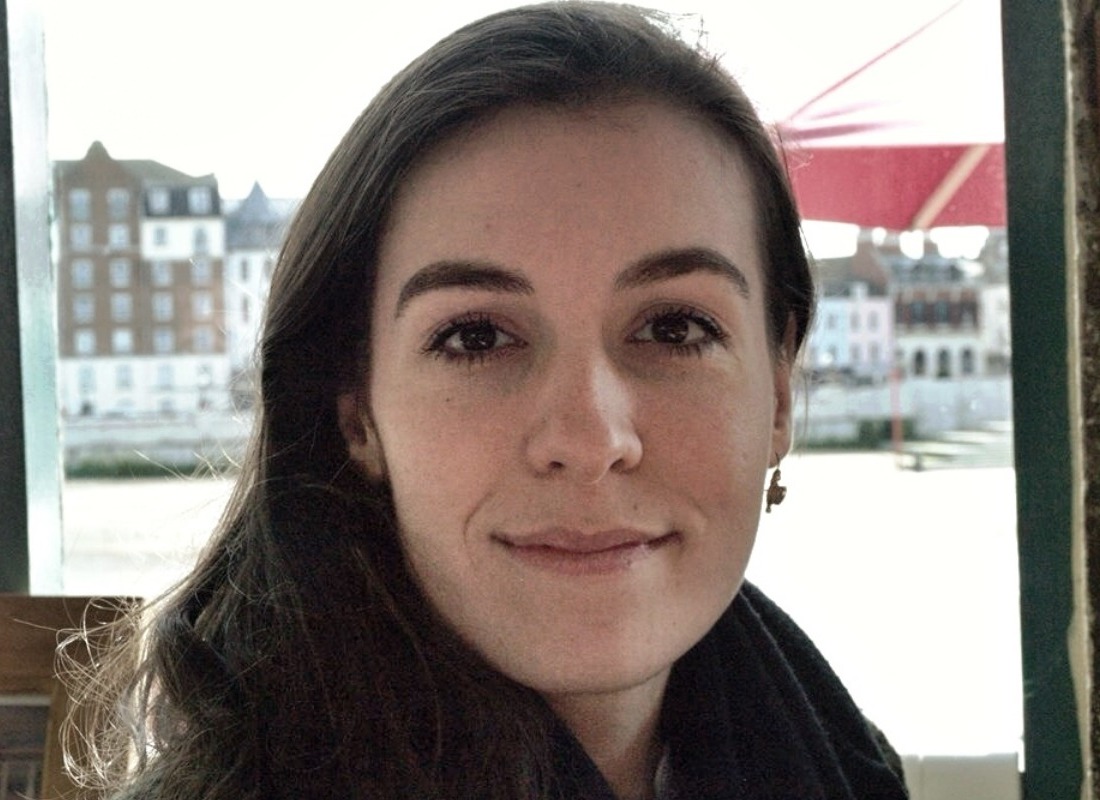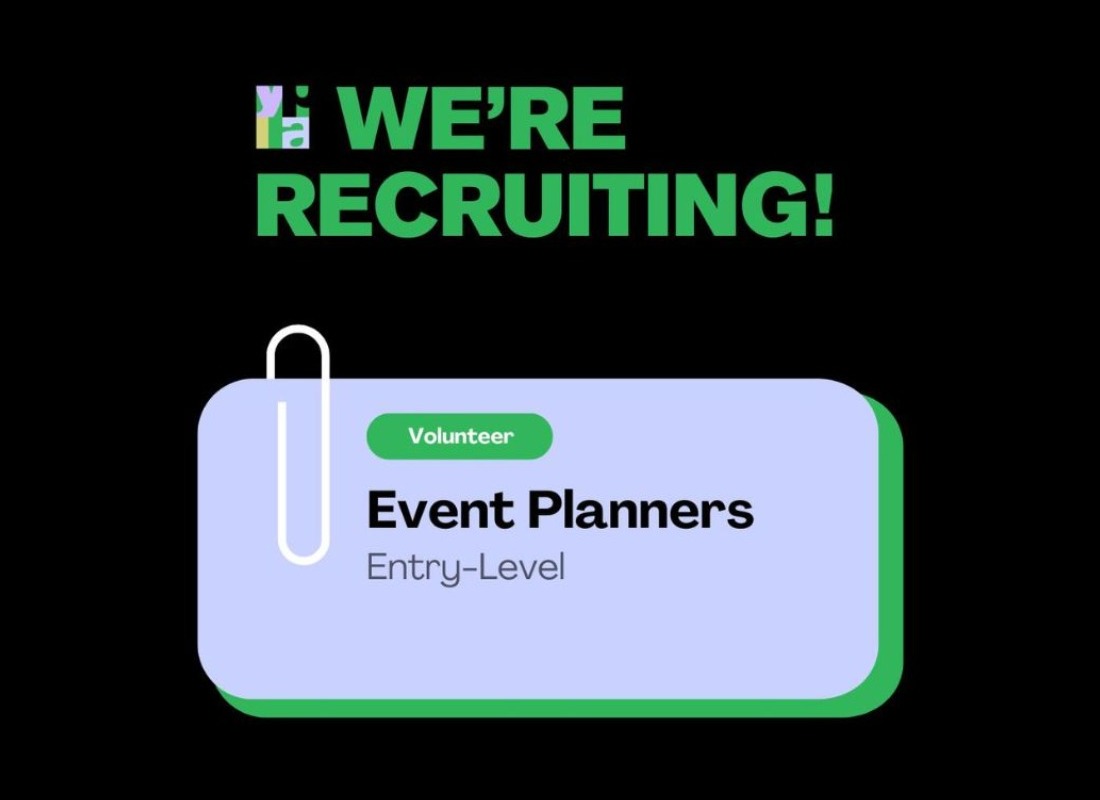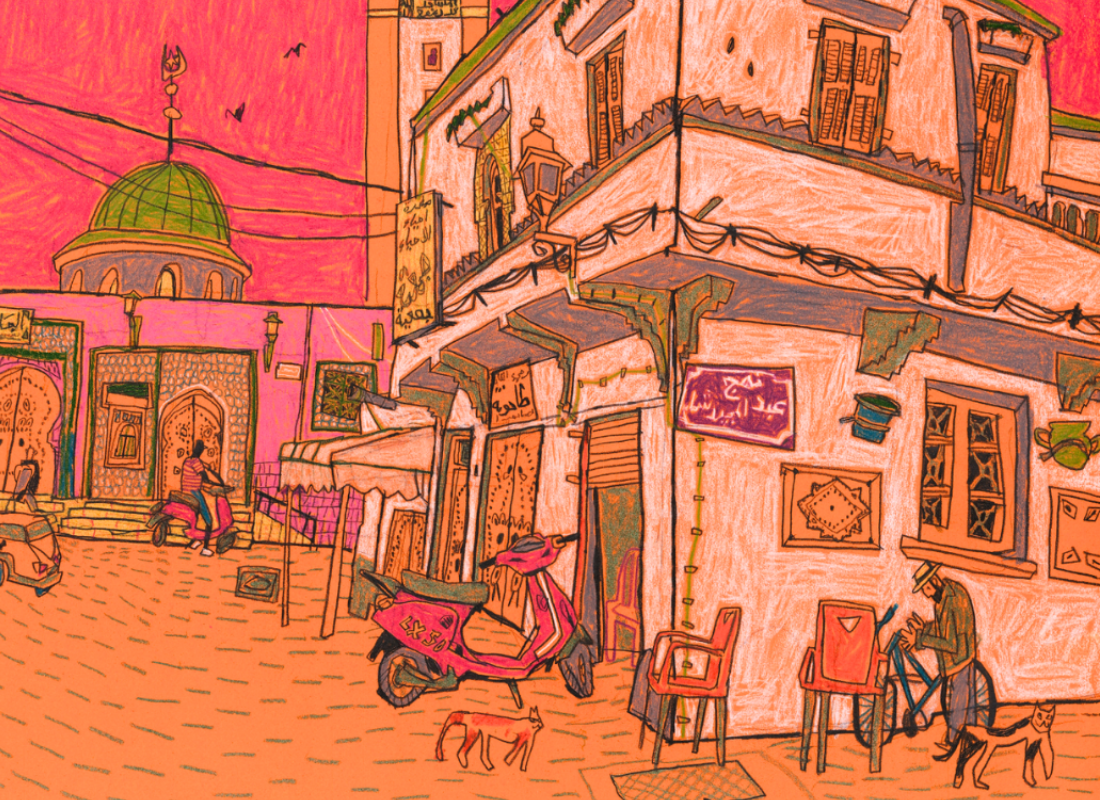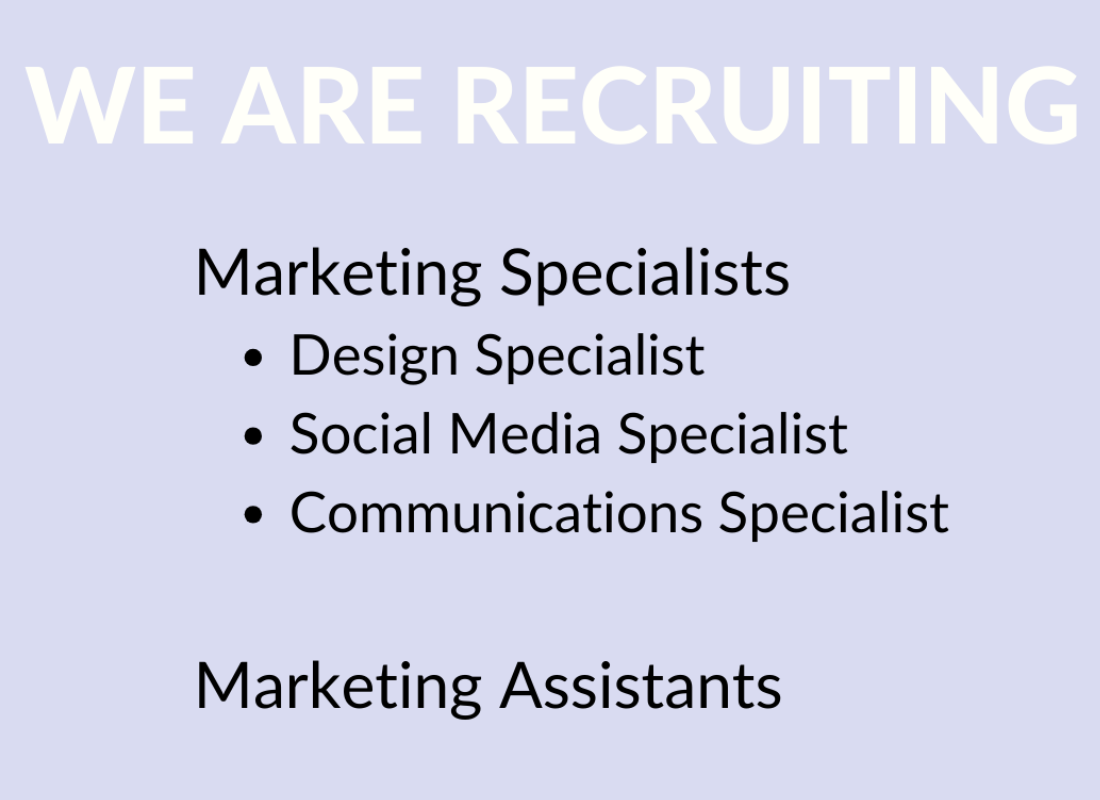
Name
Stella Toonen
Job title / industry
Producer / Museums and Galleries
Average starting salary
'Producer' is quite a loose term, which can generally range to anything between £18,000 to £32,000 probably. Often you'd start off as an Assistant Producer (£18,000-£25,000), then become a Producer (£25,000-£32,000) and then you might progress to being a Senior Producer, Creative Producer or Executive Producer later on for £32,000+. However, the terms that are used for those roles really depend on the structure of your company. Producer jobs also often come as freelance positions, in which case you would set your own fees, and that might vary depending on the project and your responsibilities.
What qualifications /experience do you need?
As it's quite a hands-on job, work experience is often worth more than qualifications, though most job vacancies will ask for someone 'educated to degree level'. I did a Master's, but it didn't turn out to be necessary for my job at all, and most of my fellow producers have only done an undergraduate degree. As I work for museums, a few of them have done art history or museum studies, but I've also worked with producers who did a degree in theatre studies, music, English, dance, history, arts administration or arts management. In terms of work experience, almost anything can count, especially if you've delivered (elements of) events, shows, performances, exhibitions or festivals. Even if you were volunteering, it's a good way to show that you've got an understanding of how to put on any kind of event or project that engages an audience.
In a nutshell, what is your job?
As a producer I organise and deliver event-type projects, which can range from putting on an exhibition to organising talks and workshops or even creating immersive experiences or entire festivals. I often work with artists or performers, for who I am the contact point at the museum and the person who is going to make their show happen. In practice, that often means that I have to be ready to solve any issue that might come up - from coming up with a creative plan at the beginning, to getting all the permissions and logistics in place, and then being there when the show opens or the event happens to make sure it all runs smoothly. I like to describe my jobs as 'making anything possible', which I sometimes need to remind myself of if artists come in with very ambitious requests. I also work on projects without artists, but those are often the more regular events in our programme, like talks, conferences, screenings, and private views.
Best part of the job
Each day is different! One day you find yourself in charge of a team building a small house in a gallery room for some art installation, the other day you're watching a rehearsal of a group of 12 year-olds who are going to do a dance performance in the museum atrium, and the next day you might be interviewing an artist on camera for a new media campaign around your project or pitching a plan for a new event to your boss. You have to be ready to do almost anything at any time, but that's what keeps it really exciting. And that also makes it a really good job for getting lots of different experience very quickly.
Downsides to the job
It often includes working evenings and weekends. That's partly because I'll be working on events and projects that target the general public, and so they're at times when the museum is busiest (weekends, bank holidays, occasional evenings). Moreover, when we're about to install a new exhibition I usually spend a few evenings at work overseeing the building activities that can't happen when the museum is open during the day, and I've also come in for evening rehearsals on the nights before we did a big performance. Sometimes you just have to do what is necessary to make the project a success, but that means you don't always work 9 to 5. Many museums will offer time off in lieu to their staff for evening and weekend work, but it might be harder when you're a freelancer.
What does a typical day look like?
There is no typical day in a producer's life! There are days were you just spend most of your time behind your computer, organising your event and getting decisions confirmed over email or over the phone. On other days you might be running around the museum setting up for a big event or showing around stakeholders and explaining what you might be able to do for them. There might also be days with a good amount of meetings, because producers rarely work alone, and the projects often involve lots of external partners (which makes it a good networking opportunity too). And occasionally, you'll have a 'project delivery day' on which everything comes together and you're actually putting on an amazing event and seeing all the happy faces in the audience. In my opinion the latter are the best ones, but they're equally the most exhausting ones, so it's quite nice to have a 'boring' computer day planned the day after...
How did you get into producing?
I didn't know I wanted to be a producer because I actually never realised it was a job. I always thought the closest I could get to the work I wanted to do was to take on a 'project manager' role, but often those focus more on planning the bigger structures of a project and not really about delivery and being 'on the floor' (though some might be similar, again depending on where you work). I started out as an 'administrator' in a busy arts event office and they soon made me a 'coordinator' for the cultural programme, which meant I started organising events and exhibitions. That's when I realised that the role I was doing was actually very close to an 'assistant producer' job and that the next logical step would be to go for a 'producer' role. Going from administrator to producer only took me about 2.5 years, partly because I was lucky that opportunities opened up for me by other people leaving or moving on.
It's important to show that you're really keen and that you're up for doing a wide range of things, so if you've got the time, it's always worth volunteering or doing some temp jobs for art festivals or other major events. It will help you to see how events are delivered, what problems might come up during those events and how you deal with them. But it also gives you great examples to draw from in job interviews, and more importantly perhaps, doing short volunteering stints in lots of different event teams will help you to grow you network rapidly. Art festivals are often a good place to start, because those are often short jobs that can quickly add to your CV, and festivals are almost always looking for volunteers, so often not too hard to get into. It also helps you find out what type of events you like to organise and what role you see yourself having in them.




.0af71f.jpg)
.ec8cc4.png)